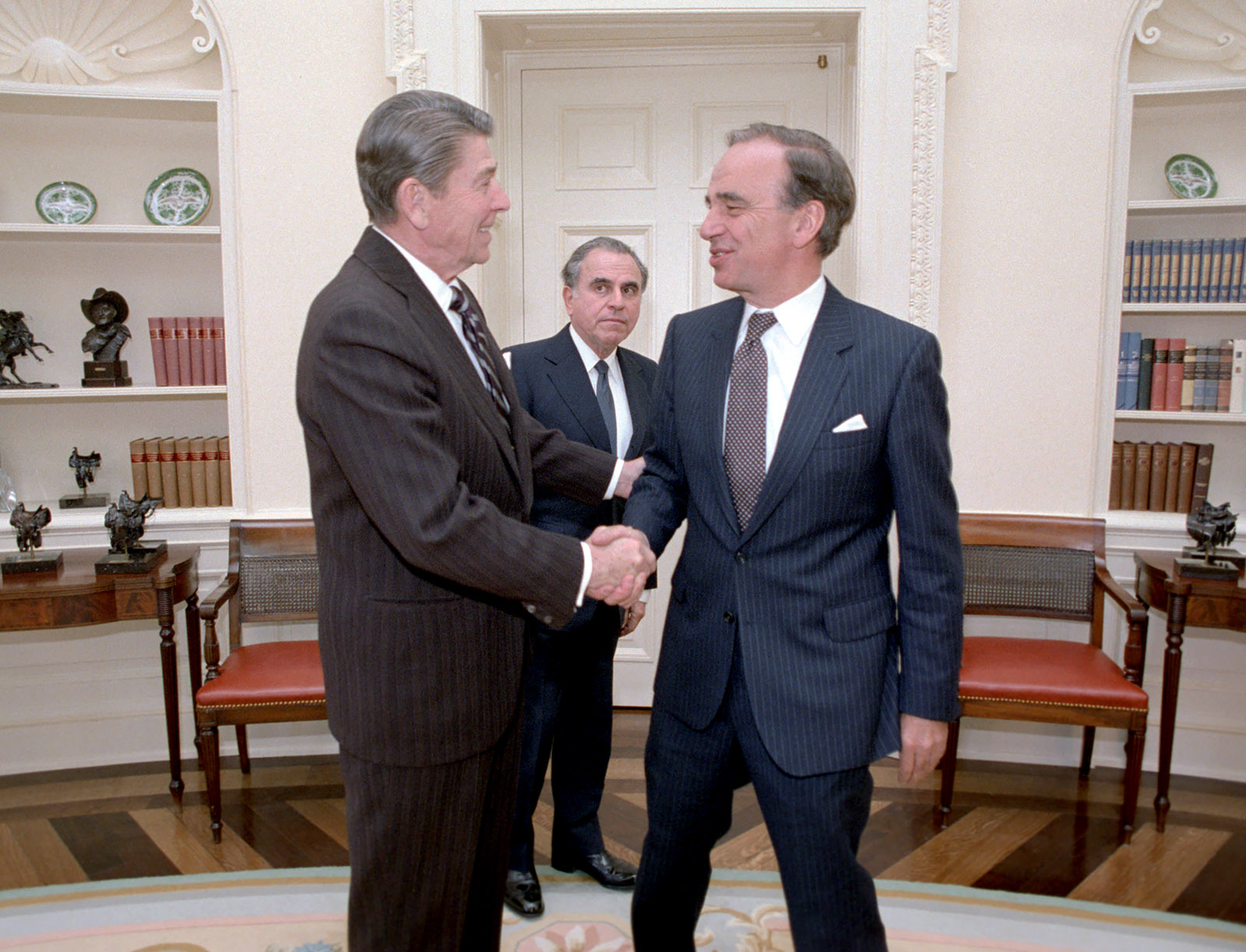
Corruption and national security
Heather Cox Richardson’s daily newsletter, “Letters From an American,” is a must-read every day. Today’s newsletter, though (the link is to Substack), is particularly important. It’s about international corruption. Richardson quotes an FBI statement to the Citizens Crime Commission of New York City from 2011:
International enterprises, the FBI statement said, “are running multi-national, multi-billion dollar schemes from start to finish…. They may be former members of nation-state governments, security services, or the military…. These criminal enterprises are making billions of dollars from human trafficking, health care fraud, computer intrusions, and copyright infringement. They are cornering the market on natural gas, oil, and precious metals, and selling to the highest bidder…. These groups may infiltrate our businesses. They may provide logistical support to hostile foreign powers. They may try to manipulate those at the highest levels of government. Indeed, these so-called ‘iron triangles’ of organized criminals, corrupt government officials, and business leaders pose a significant national security threat.”
Take note of this “iron triangle”: organized criminals, corrupt government officials, and business leaders.
Russia, of course
Richardson touches on how the collapse of the Soviet Union, the looting of Russia by oligarchs including Vladimir Putin, and the need to launder Russian money in the West made the United States one of the money-laundering capitals of the world. Richardson writes:
“In March 2023 the Treasury told Congress that ‘[m]oney laundering perpetrated by the Government of the Russian Federation (GOR), Russian [state-owned enterprises], Russian organized crime, and Russian elites poses a significant threat to the national security of the United States and the integrity of the international financial system,’ and it outlined the ways in which it had been trying to combat that corruption. ‘In light of Russia’s further invasion of Ukraine,’ it said, ‘we must redouble our efforts to prevent Russia from abusing the U.S. financial system to sustain its war and counter Russian sanctioned individuals and firms seeking to exploit vulnerabilities in the U.S. financial system.'”
The vast right-wing conspiracy
Richardson does not mention “the vast right-wing conspiracy.” But clearly the “iron triangle” of corruption and “the vast right-wing conspiracy” that Hillary Clinton described are pretty much one and the same.
The Wikipedia article on the vast right-wing conspiracy quotes Paul Krugman:
In some of his books, Krugman has used the phrase (“Yes, Virginia, there is a vast right-wing conspiracy”[1]) to refer not to a conservative Republican-leaning campaign against Clinton (or Obama), but more generally to “an interlocking set of institutions ultimately answering to a small group of people that collectively reward loyalists and punish dissenters” in the service of “movement conservatism.” The network of institutions provide “obedient politicians with the resources to win elections, safe havens in the event of defeat, and lucrative career opportunities after they leave office. They guarantee favorable news coverage to politicians who follow the party line, while harassing and undermining opponents. And they support a large standing army of party intellectuals and activists.[2]”
In Krugman’s view, the network of foundations that fund conservative scholarship, the national and regional think tanks and advocacy groups, talk radio media outlets, and conservative law firms through which they pushed their agenda to move the Republican Party to the right, far surpass in funding, size, inter-connectedness or influence anything the Democratic Party or the American political left/liberal movement have at their disposal.
The iron triangle
In short, it’s all of a piece, and it’s the piece that overhangs the greatest struggle of the present times — democracy vs. authoritarianism, economic fairness vs. the super-rich, the Putin-Trump axis, the iron-triangle politics of the Republican Party, and the terrifyingly effective machinery of disinformation that sells the billionaire politics of the oligarchy to deplorable Americans who don’t have a pot to piss in, such that every national election in the U.S. is now a deadly conflict between the international ecology of corruption and those who struggle against it.
Wikipedia notes:
1. Krugman, Paul R. (2004). The Great Unraveling: Losing Our Way in the New Century, pp. 217, 269–71.
2. Krugman, Paul R. (2007). The Conscience of a Liberal, p. 163.

Why do the “Americans who don’t have a pot to piss in” vote for guys like Trump? And when you show them or try to tell them what you have written above – they say “it’s a lie”